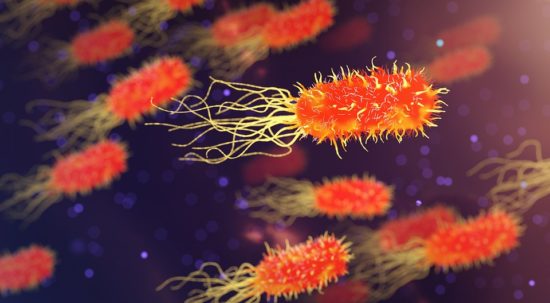Minimizing treatment-induced emergence of antibiotic resistance in bacterial infections
Treatment of bacterial infections currently focuses on choosing an antibiotic that matches a pathogen’s susceptibility, with less attention paid to the risk that even susceptibility-matched treatments can fail as a result of resistance emerging in response to treatment. Combining whole-genome sequencing of 1113 pre- and posttreatment bacterial isolates with machine-learning analysis of 140,349 urinary tract infections and 7365 wound infections, we found that treatment-induced emergence of resistance could be predicted and minimized at the individual-patient level. Emergence of resistance was common and driven not by de novo resistance evolution but by rapid reinfection with a different strain resistant to the prescribed antibiotic. As most infections are seeded from a patient’s own microbiota, these resistance-gaining recurrences can be predicted using the patient’s past infection history and minimized by machine learning-personalized antibiotic recommendations, offering a means to reduce the emergence and spread of resistant pathogens.
AMR NEWS
Every two weeks in your inbox
Because there should be one newsletter that brings together all One Health news related to antimicrobial resistance: AMR NEWS!





